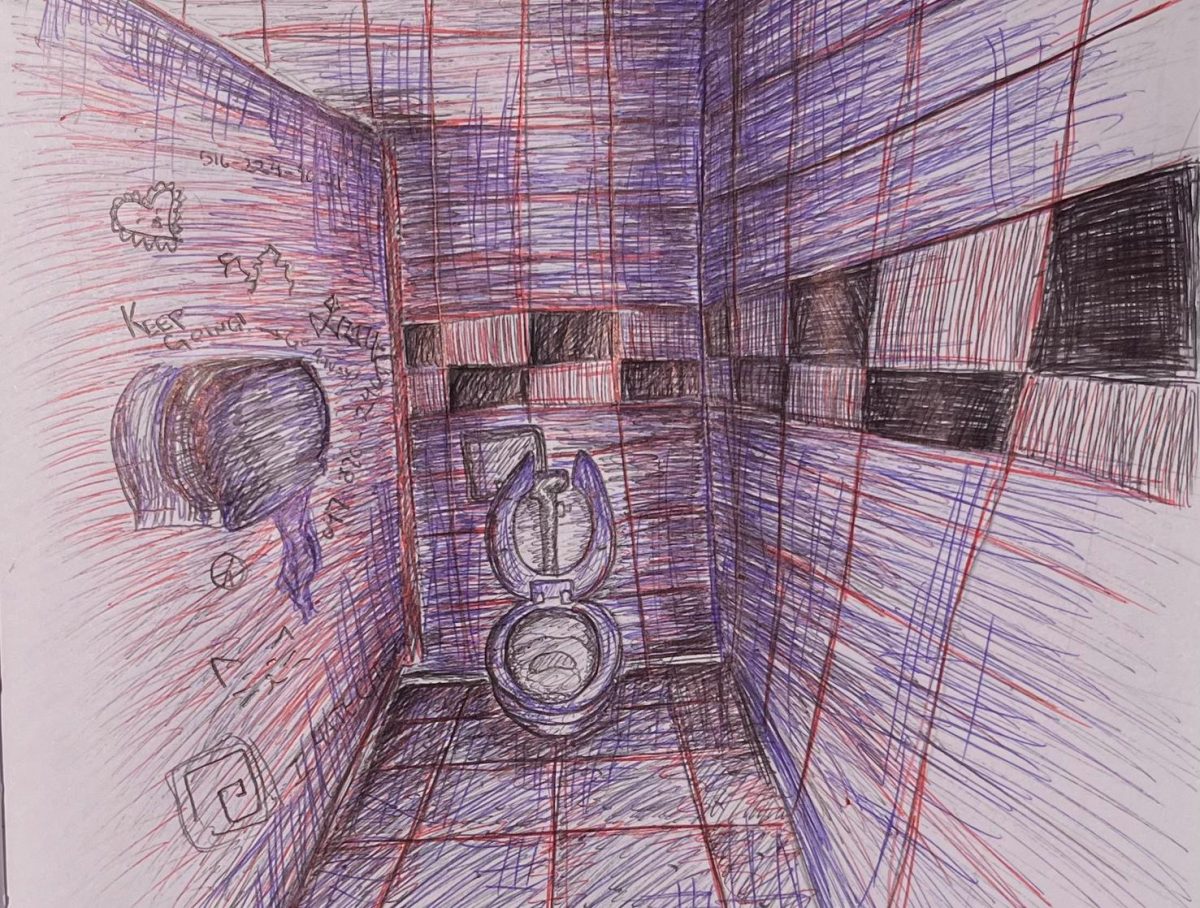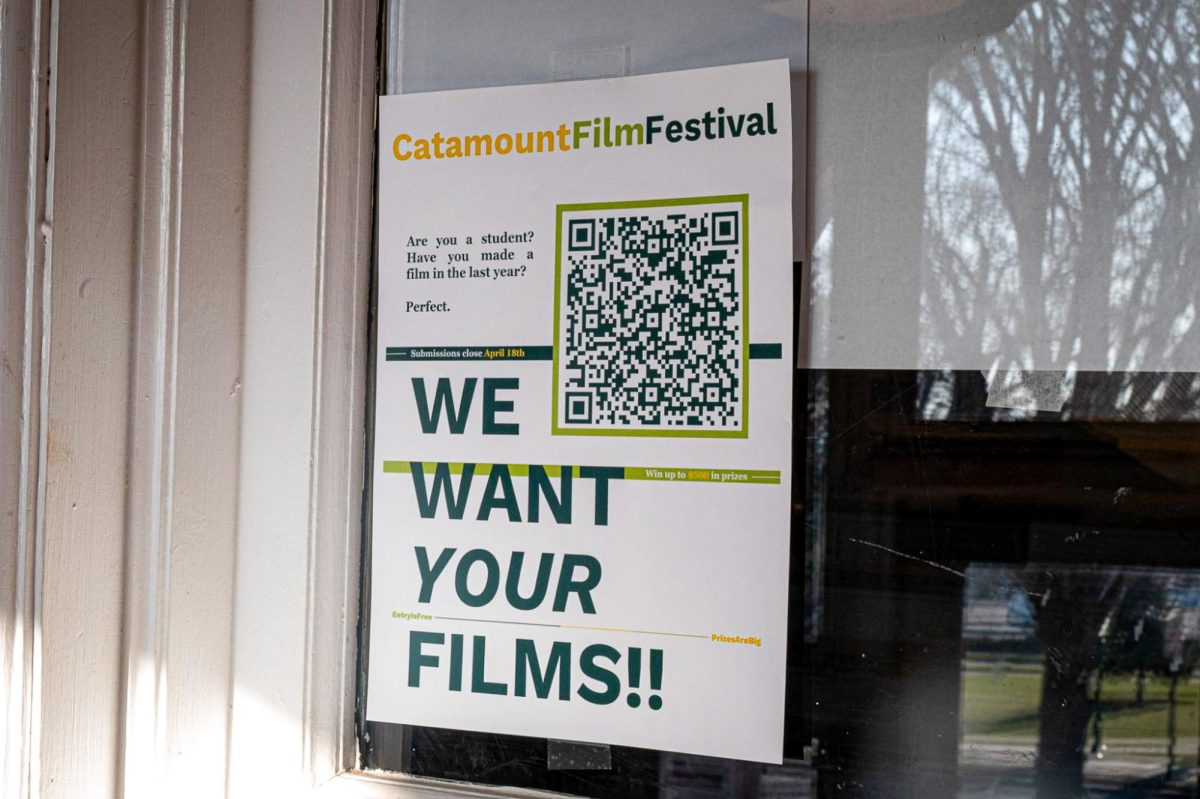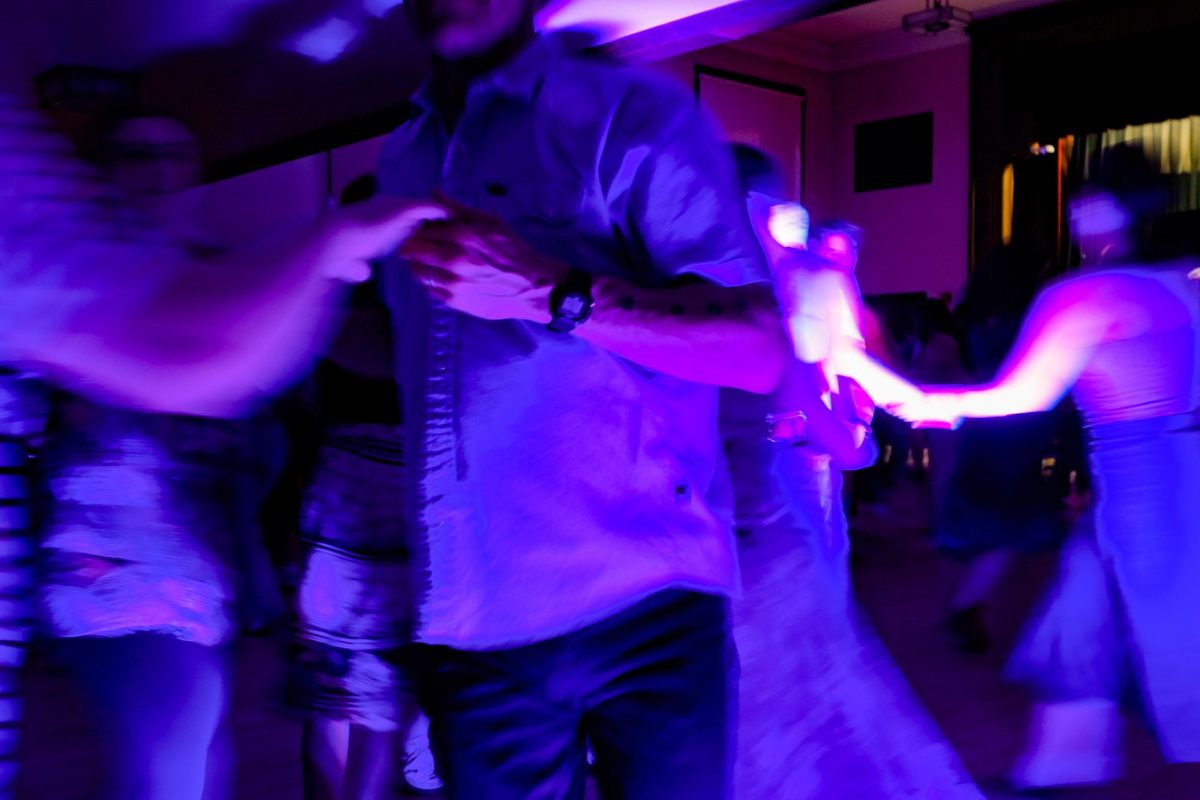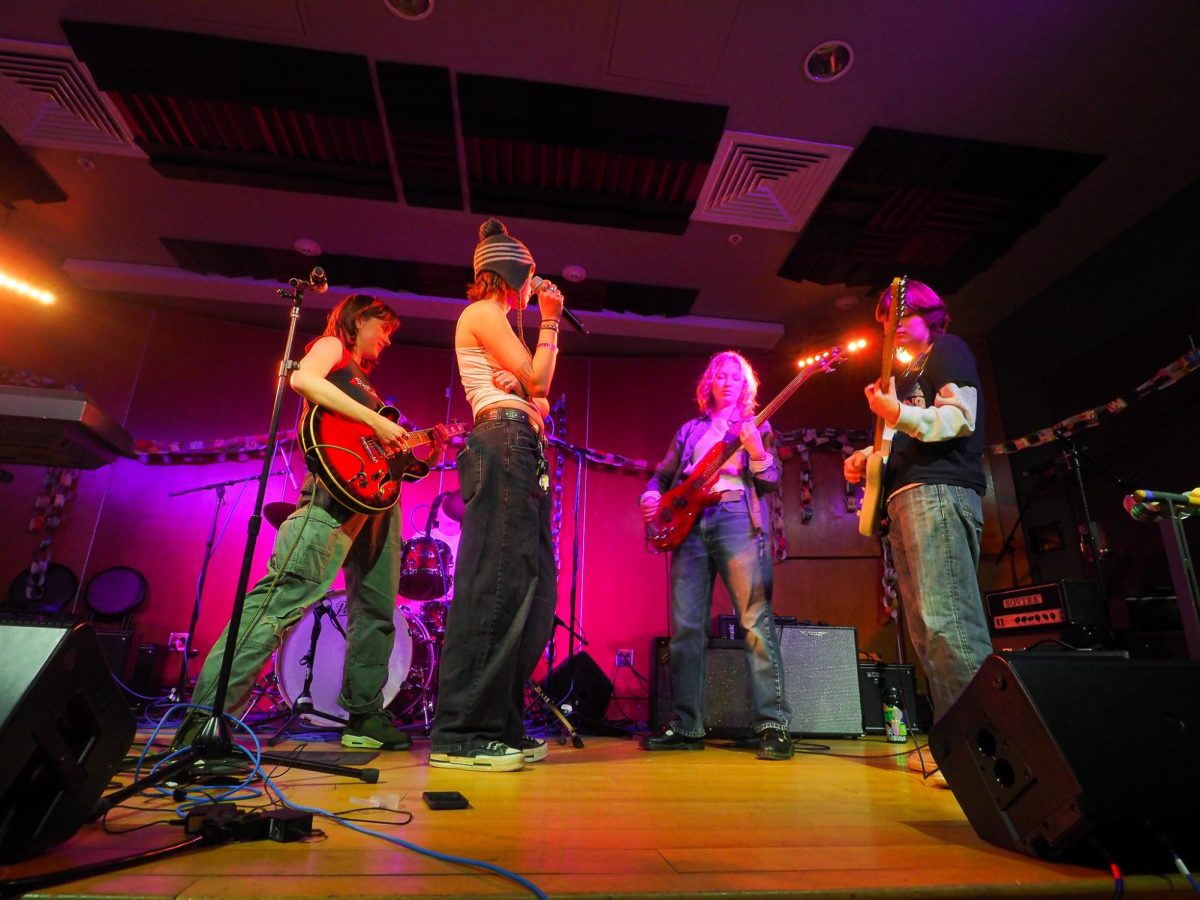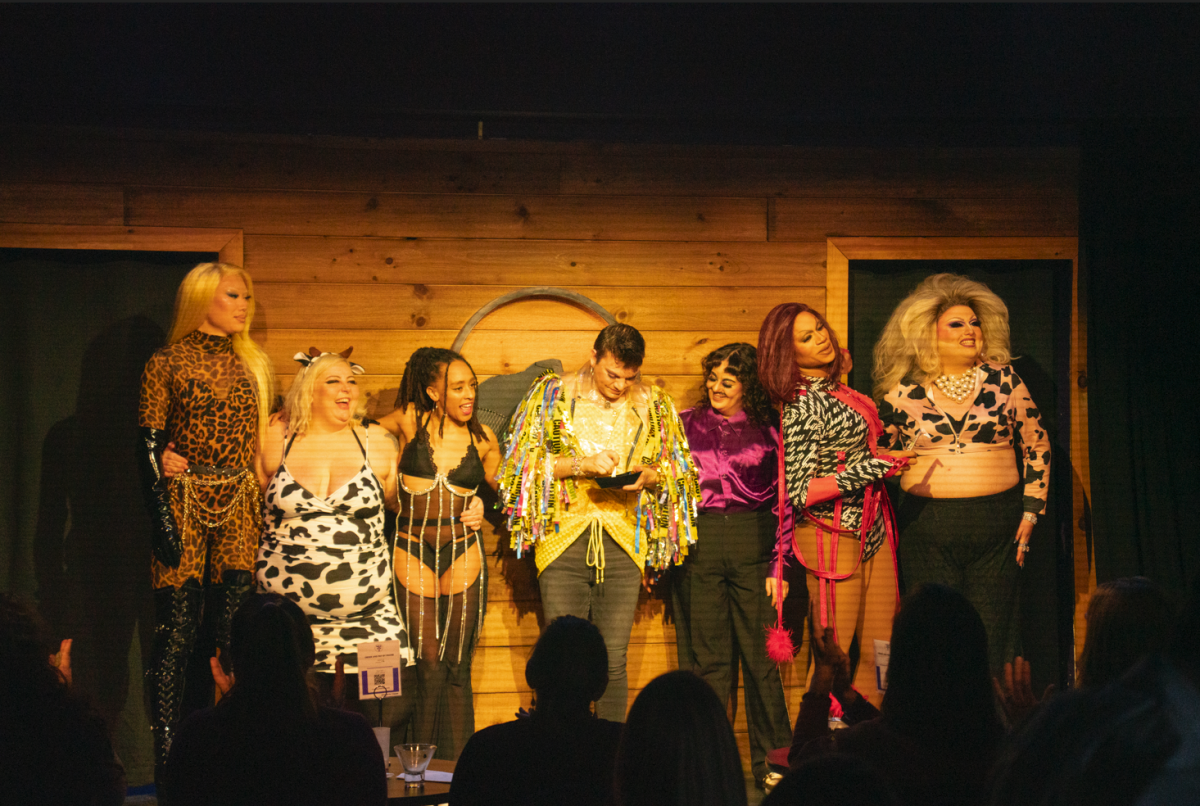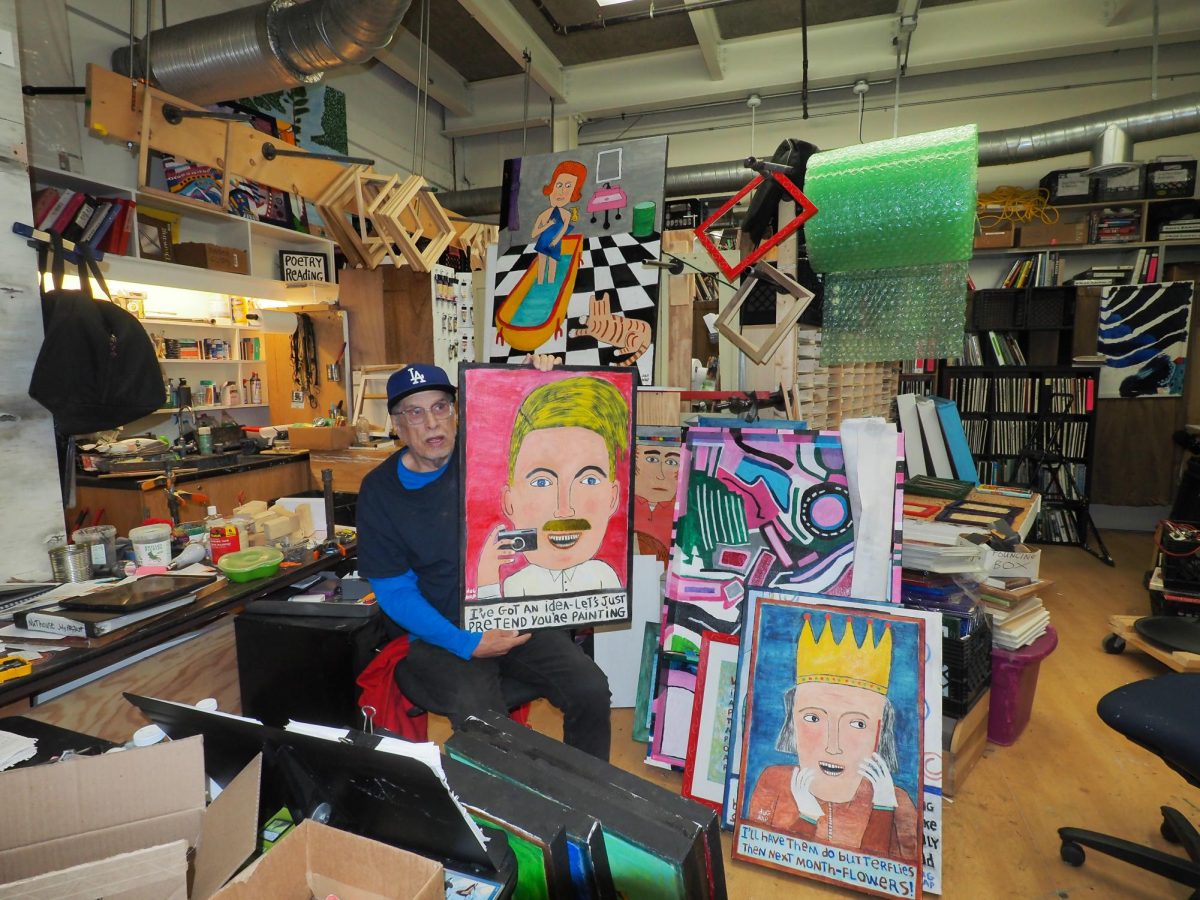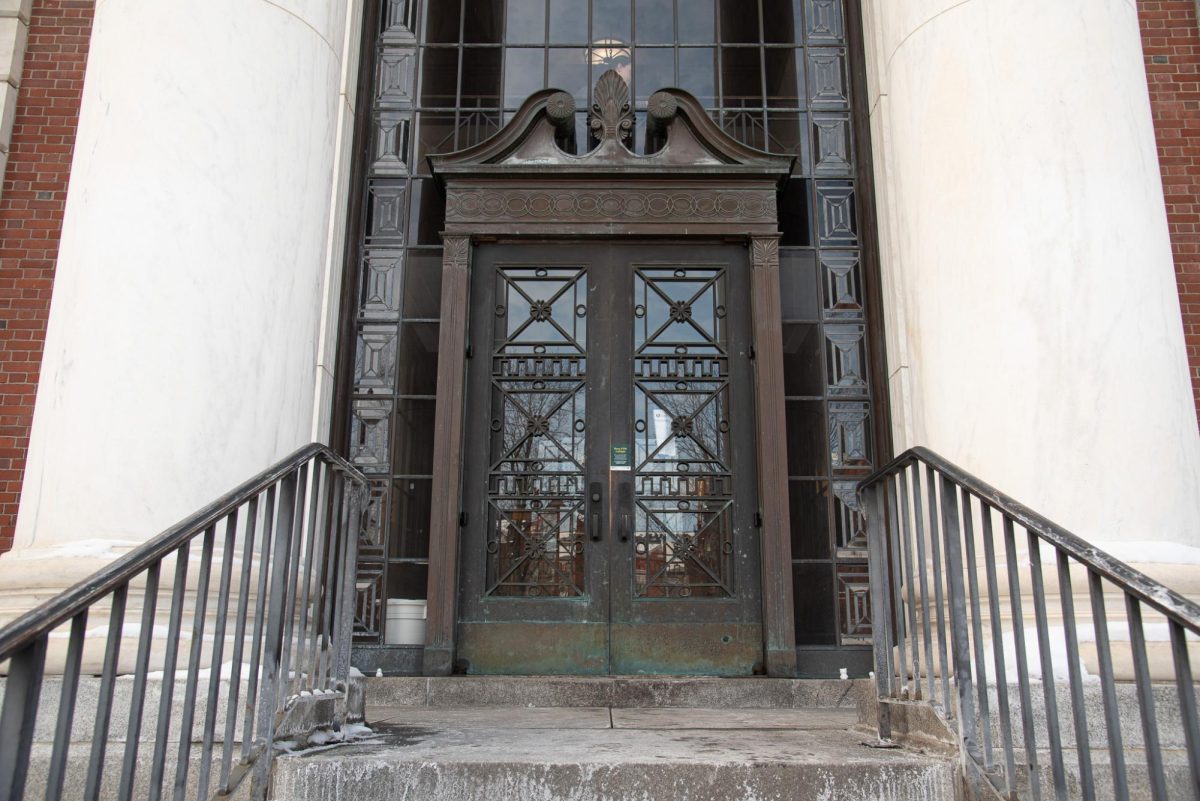It was spring 2023 when I was taking an English class in Rowell Hall, the nursing and allied health building.
About once a class, I would head to the bathroom across the hall and get lost in the display of writing and doodles on the stalls—sometimes sweet little cats with inspirational quotes, sometimes deeply personal details about people’s lives, relationships, health, dreams and more.
I always found something new in the stall and felt strangely comforted by it.
What some people would view as “graffiti,” I saw as a way students had created community and found support through an anonymous confessional closet.
One day, I decided to write something on the stall and pose a question for advice on something I had been struggling with for months.
There was something unique about the privacy of the bathroom stall in the basement of Rowell: the ability to connect with people I don’t know, who don’t know me and who could give me unbiased advice.
Over the next few months, I received an overwhelming amount of responses from various people about their own experiences, or general advice such as “not making my decisions based on others’ jealousy” or “do what will make you happy.”
Inevitably I realized that I already knew all these things, but it was reassuring to see them in writing, echoed back to me.
Having the support and understanding of others who had either experienced what I was going through or knew what I was feeling was really helpful, even if I didn’t know who gave me advice.
I became inspired by my experience and wanted to investigate if other places like this existed on campus. I checked out the bathrooms in Williams Hall.
Contrary to the bathrooms in Rowell, the art and writing in Williams seemed to serve a slightly different purpose. It seemed to be created for a more public audience or to beautify the space. After all, these bathrooms are located in the building that’s the hub of student visual arts and creativity.
The anecdotes and confessionals on the stalls in Rowell had been much more personal, inviting people to engage with the questions they were asking.
Rowell’s environment made me feel comfortable to put such a personal detail of my own on the stalls in the first place and gave me hope it might be engaged with, rather than be looked over as a piece of a greater whole.
Regardless of the intention of the writing or artwork, I believe both spaces serve the community in an important way.
Bathroom stalls give students an outlet to share things with the possibility that they may be engaged with in a way that is meaningful for the creator.
As I was raised in girlhood, and identify as non-binary, I mostly operate in female or non-binary AFAB-dominated spaces and therefore cannot speak on behalf of the male experience in general or at UVM, nor do I know much of what support looks like within masculinized circles.
However, I was curious if anything like this could be found in “men’s” bathrooms, so I turned to a male friend.
“I feel like if I see anything it’s usually like a silly doodle or question. I don’t see a lot of like actually seeking life advice. Like I remember seeing one question that’s like ‘ass or tits?’ but never many serious ones,” said my friend, who wishes to remain anonymous.
This isn’t necessarily surprising to me, but it made me dig a bit deeper.
Talking to a few of my friends who were raised in boyhood and masculinity, there does not seem to be this dialogue or physical space for creating support and bonding over shared experiences in these communities in the same public or collective way.
It is more common, and more comfortable, for people who were socialized as boys to turn to friends in confidence—one-on-one or in video game chat rooms—according to my friend.
This is most likely due to how, for generations, men and people raised as boys have not been taught or encouraged to listen to, understand or process their emotions by leaning on other people, or much at all that is, as it has been seen as a sign of weakness, according to a June 26, 2015 article published by PubMed Central.
In the opposite sense, women, and people raised in girlhood, have been socialized to be the heart and emotional shoulder in families, and thus have discovered leaning on others as an effective and important way to share emotional burdens they take on for other people, according to the same journal article.
Community also becomes a very healthy way to bond with others through collective experience and creating a sense of “I am not alone” in whatever one may be going through.
This is not to say that every woman, non-binary AFAB or transgender person has the same experience in the slightest.
Transgender men and women and non-binary individuals face a significant amount of violence, and bathrooms themselves can be particularly dangerous places for violence, intimidation and discomfort, according to a March 31, 2021 article published by Frontiers in Sociology.
Regardless of those differences though, when people are entering a bathroom stall and leaving art, a call for advice or commentary, they leave behind those identities and can give and receive advice or engagement free from repercussions or judgment in the real world.
I believe this is a healthy—if not essential—resource for students to support each other, and make each other feel less alone in their individual struggles.
During our time in college, which is a wildly confusing and challenging time for a lot of students, respectful and intentional spaces for peer-on-peer support are really important for all communities, but especially for student populations that may feel ostracized or don’t have these safe spaces to turn to normally.
I’m not telling you to write on the walls, as my mother and most likely the University would frown on me, but if you see something like this, or see a call for advice, I encourage you to think about how you can encourage or perhaps help a peer in need.
You never know who may need to hear what you have to share.


